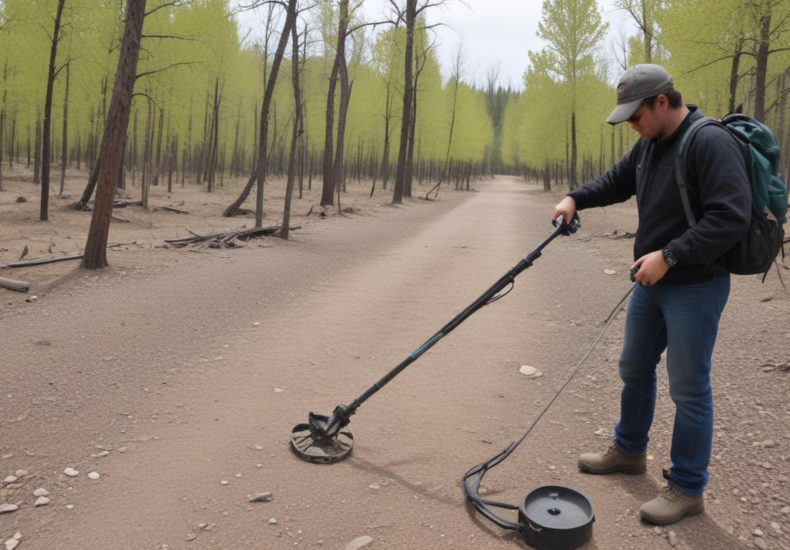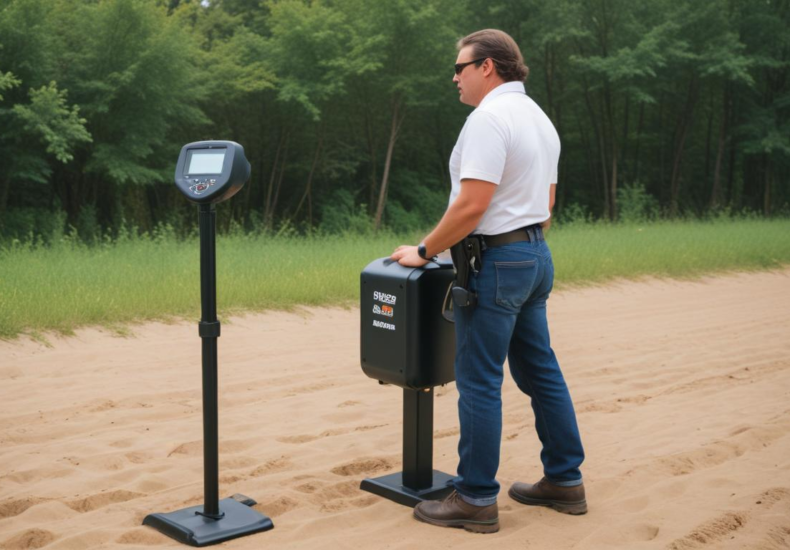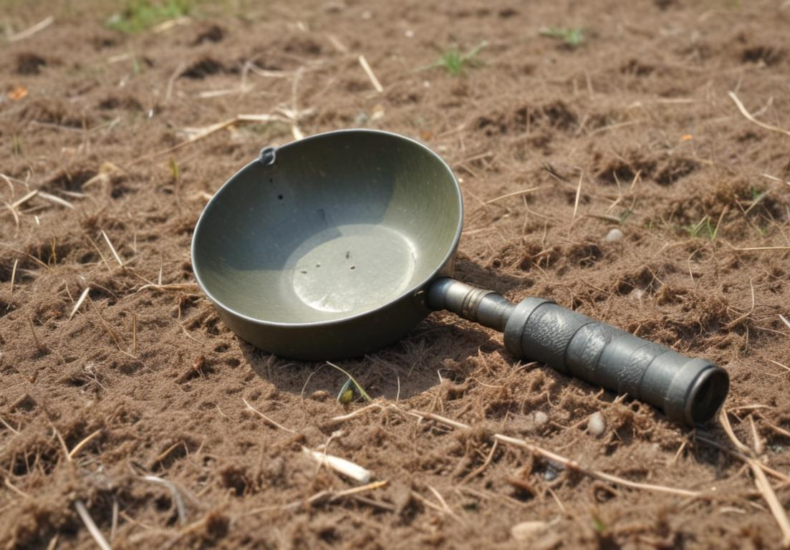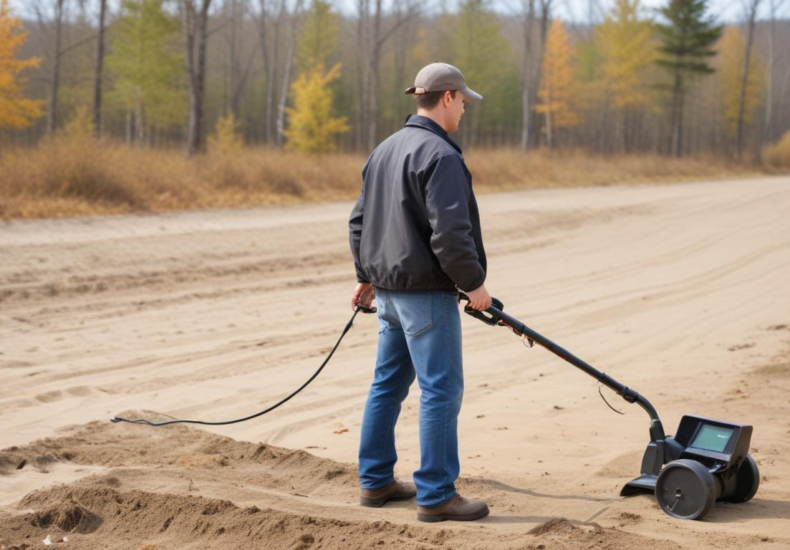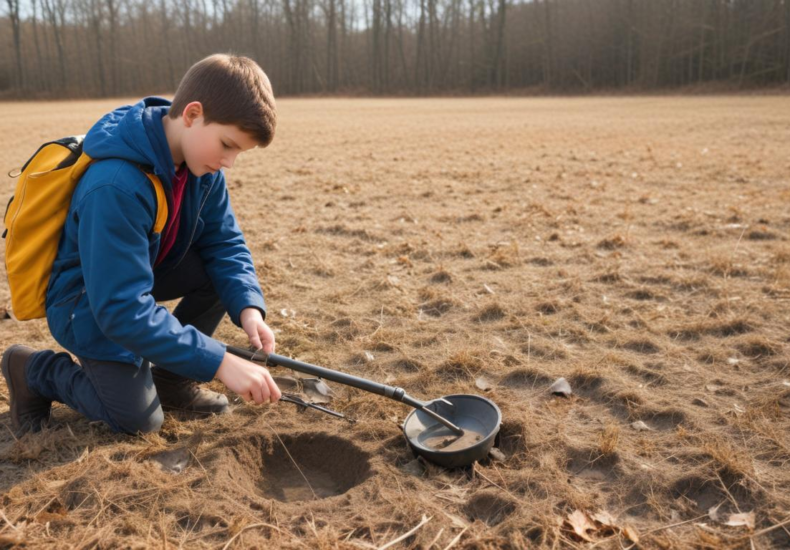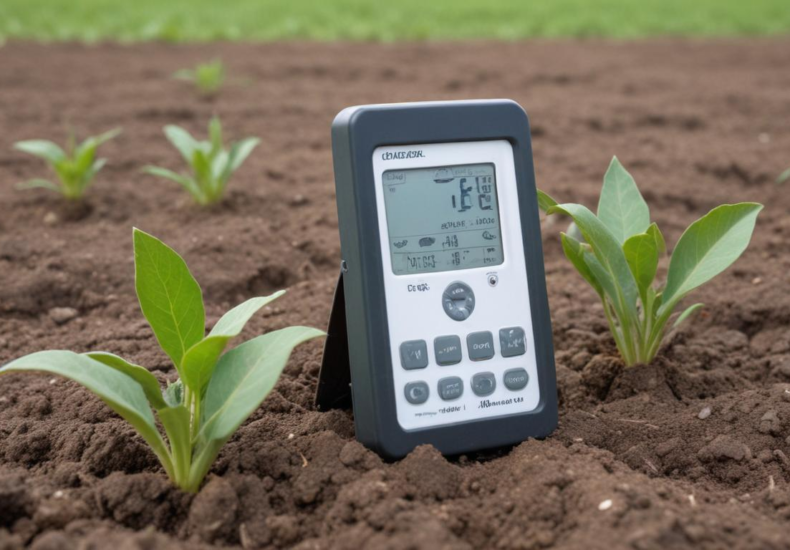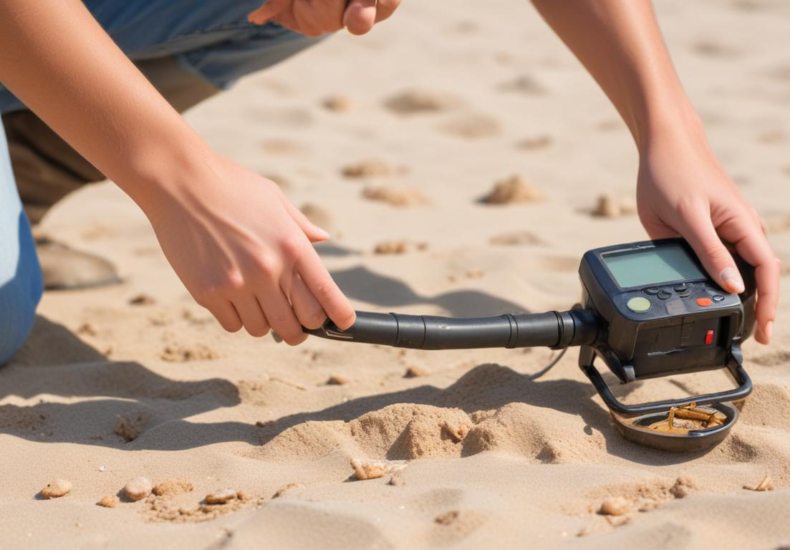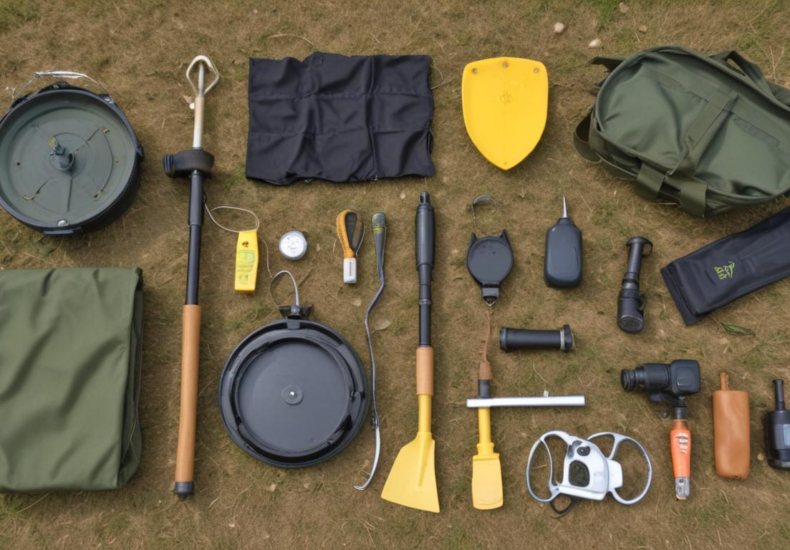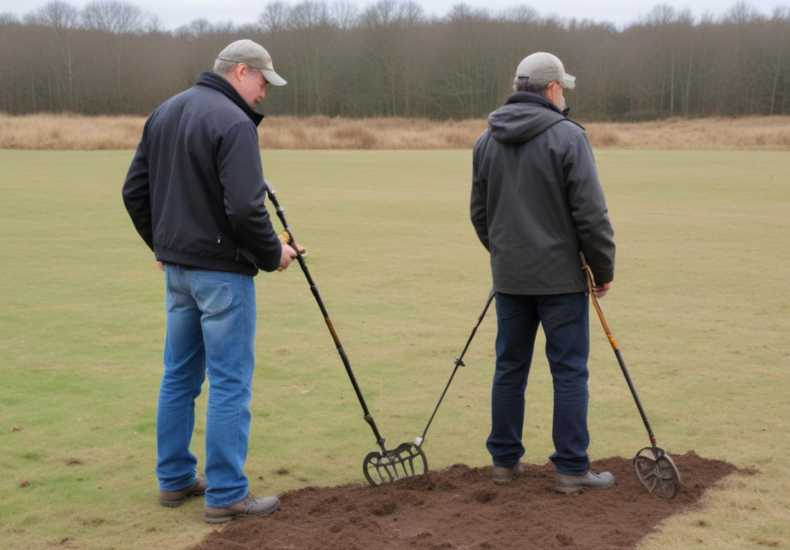Category: Guides
Exploring ghost towns with a metal detector
Exploring ghost towns for relic hunting requires choosing the right metal detector, one that can handle varied soils and detect hidden gems from history. From understanding optimal frequencies for different relic types to navigating stringent local regulations and safety precautions, each aspect forms a critical part of successful relic recovery. Learn the advantages of detectors with multi-frequency options, good discrimination features, and essential all-terrain adaptability—key tools for uncovering and preserving the hidden treasures of abandoned sites.
The science behind metal detector discrimination modes
Explore the science and strategy behind metal detecting technology, which uses advanced electromagnetic fields to differentiate between valuable metals and everyday detritus. Learn how discrimination settings and Target ID systems work to enhance treasure hunting productivity by isolating desired targets, such as gold and silver, from unwanted junk. Understand how these instruments adapt to various environmental conditions, mastering the art of selective detecting to save time and increase efficiency. Discover the pivotal role of sophisticated metal detector settings in refining the search for specific metal types, transforming the average hobbyist into an accomplished treasure hunter.
Tips for organizing a metal detecting hunt event
Crafting a successful metal detecting event involves meticulous planning, from selecting the appropriate location considering historical relevance and legality, to managing logistics with the right equipment, and ensuring participant safety with clear rules and guidelines. Learn how strategic themes and promotions can elevate the experience, making your metal detecting hunt a unique adventure. Discover the essential steps for hosting a memorable and smooth-running event that leaves every enthusiast with fond memories and fascinating finds.
Can you rent a metal detector locally?
Renting a metal detector offers a practical solution for those interested in temporary treasure hunting without the expense and responsibility of ownership. From hobbyists to vacationers, learn how short-term rentals provide access to advanced technology and care-free maintenance, allowing you to indulge in your adventurous pursuits efficiently and economically. Discover how to easily locate rental options near you and optimize your metal detecting experience, whether you’re scanning the beach or delving into historical lands.
Is metal detecting allowed on school property?
Navigating the intricate legal landscape of metal detecting on school grounds requires understanding and adhering to a variety of rules and policies. Permission is essential, and local, state, and possibly federal regulations may affect the process. Schools often impose specific conditions to ensure the safety and privacy of students, as well as the preservation of school property. The activity might be allowed during non-school hours and with proper equipment to minimize impact. Additionally, all discovered items may need to be reported and are typically considered state property.
How weather and soil type affect detection
Weather and environmental conditions dramatically shape the effectiveness of detection technologies. Discover how humidity, temperature, soil composition, and precipitation impact metal detecting and broader detection systems, influencing not only operational tactics but also the technological evolution required for accuracy in diverse climates. Understanding these dynamics is essential for refining detection strategies across various challenging landscapes and achieving reliable outcomes.
How to interpret your detector’s signals
Unveiling the secrets of metal detection, understanding how signals from different metals and objects differ can transform a casual hobby into skilled treasure hunting. Learn how pitch and tone can tell you what’s beneath without digging and how misinterpretations can lead you astray. Explore the sophisticated interplay of audio, visual, and numerical cues in today’s advanced detectors, which can revolutionize your approach to metal detecting. Whether you’re hunting for relics, cleaning up a beach, or sifting through a crime scene, mastering these signals can dramatically enhance accuracy and efficiency.
Using a metal detector to find lost jewelry
Selecting the right metal detector is essential for anyone looking to find lost jewelry, such as rings and heirlooms. With types like Very Low Frequency (VLF), Pulse Induction (PI), and Multi-Frequency (MF) available, each has unique capabilities suited for different environments and target types. Knowing which to choose, how to adjust settings like sensitivity and discrimination, and deploying effective search techniques can drastically enhance your treasure hunting success.
Essential gear for successful metal detecting trips
Choosing the ideal metal detector hinges on understanding the specific requirements of different terrains and target types, from coins in parks to relics in battlefields. Factors like frequency, coil size, and advanced settings such as adjustable sensitivity and discrimination play pivotal roles in optimizing your metal detecting efforts. Enhancing your toolkit with essential accessories like pinpointers and specialized digging tools further refines the experience, ensuring both efficiency and enjoyment in your treasure hunting adventures.
How to join a local metal detecting club
Exploring the perks of joining a local metal detector club reveals a treasure trove of benefits, from access to exclusive hunt locations and expert-led workshops to community service opportunities and substantial equipment discounts. Delve into how these clubs foster camaraderie, enhance skills, and connect enthusiasts with the tools and knowledge needed for successful and responsible treasure hunting.
Archives
Calendar
| M | T | W | T | F | S | S |
|---|---|---|---|---|---|---|
| 1 | ||||||
| 2 | 3 | 4 | 5 | 6 | 7 | 8 |
| 9 | 10 | 11 | 12 | 13 | 14 | 15 |
| 16 | 17 | 18 | 19 | 20 | 21 | 22 |
| 23 | 24 | 25 | 26 | 27 | 28 | |
